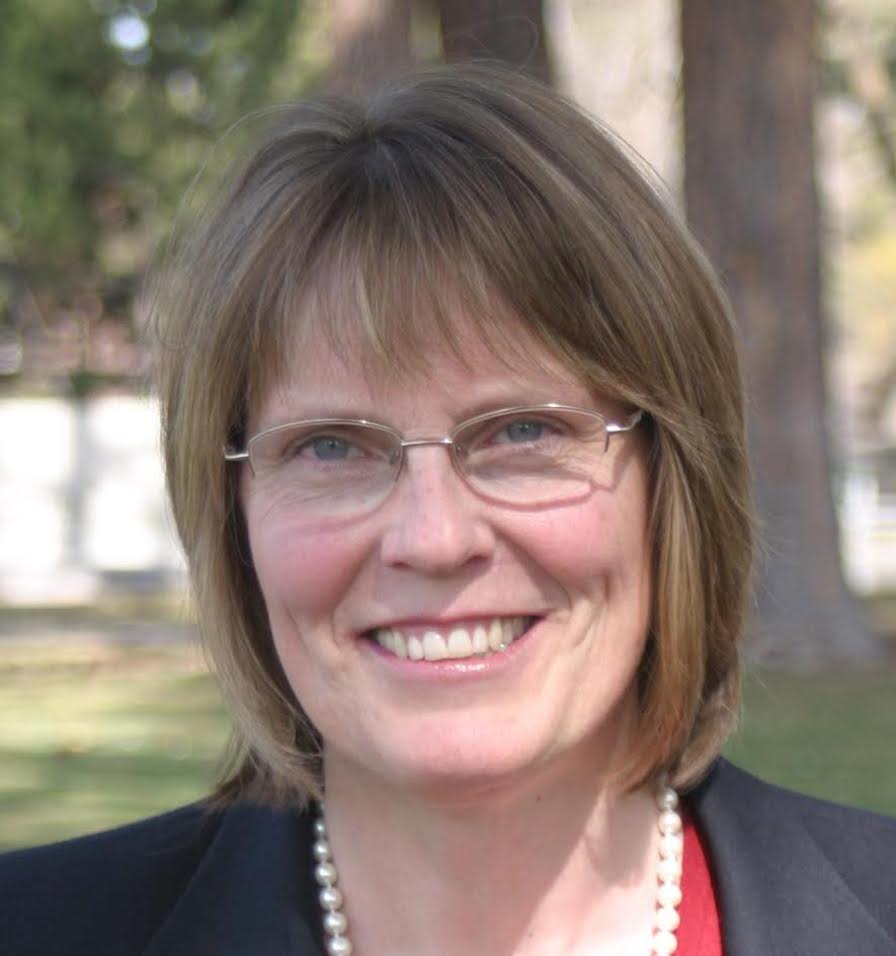In our Snapshots blog series, we turn to Maine Cancer Foundation constituents - from staff, board members and other volunteers, donors, grant recipients and beyond - to share important moments in their lives related to cancer. Our series will paint a broad stroke of the cancer landscape in the state, while narrowing the focus into the rare and intimate moments that bring us all together.
Snapshots #5 is the story of Yvonne Devine. In 2001, she was diagnosed with breast cancer. A 16-year survivor, Yvonne reflects on her journey through treatment and beyond, along with the ever-evolving meaning of the words cancer survivor.

In 2001, Yvonne Devine was a Marine Corps Lieutenant Colonel serving on active duty. The month was April, September 11th on the horizon. A routine home breast exam signaled the unspeakable: cancer. The chips began to fall.
From the age of 17, a history of benign breast cysts made the diagnosis of cancer at 43 even harder to comprehend. “When I was diagnosed, I said to the physician, ‘I think you’re mistaken,’” said Devine. Her breast cancer was stage 3, and surgery, chemo and radiation quickly followed the diagnosis. Time passed, and September 11th shook the globe. “I was going through my treatment from home when the world was falling apart at the seams,” she reflected.
As a career officer, Yvonne struggled with her illness at a critical time for her profession. “When there is conflict, and a military member serves in another capacity outside of direct combat, they may experience a very unique set of emotions,” shared Devine. It wasn’t until post-surgery, when a physical therapist told her she wouldn’t be able to lift more than 12 pounds that a new reality began to form. “We define ourselves as we know ourselves to be – when that definition changes from an external force, we don’t always have the tools.” Following her treatment, Devine’s case was reviewed by a medical evaluation board that recommended medical separation. She retired during 2003 from the military, after 23 years of service.
As time ticked on, Yvonne settled into the years of her life post-cancer, joining the ranks of survivors. “I’m comfortable with the survivor language. It works for me. However, I really view survivorship as the moment you get off the table and you’re still breathing.”
The medical community defines cancer survivorship as spanning the moment of diagnosis to the day of death (whether you die from cancer or something else). Because people are living longer, cancer is now considered a chronic disease. “The year I was in treatment, I did a [breast cancer] walk, and I remember passing a woman who was a 29-year survivor,” said Devine. “I said to myself, can someone really have 29 years? When I was in those early days and I saw people who had a lot of years, it encouraged me – I thought, wow, maybe I can get there too.”
Rewind to 2001. Reeling from her recent cancer diagnosis and unsure where to turn, Yvonne connected with another female Marine who had survived cancer. “She asked if I wanted to see what her mastectomy looked like,” said Devine. In the fast-paced working environment she was used to, a fellow cancer survivor who shared similar professional experiences offered her a moment of respite. “Survivors need to find community that works for them. When they need emotional support, others who have come before them might be able to offer that little bit of comfort and honesty.” 16 years later, Yvonne marches on.
Yvonne serves as co-lead of Maine Cancer Foundation’s Survivorship and Rehabilitation Workgroup and she was a participant in this year’s 10th Anniversary Tri for a Cure. Thank you to Yvonne for sharing her story.
Interested in joining a workgroup? E-mail Katelyn@mainecancer.org
